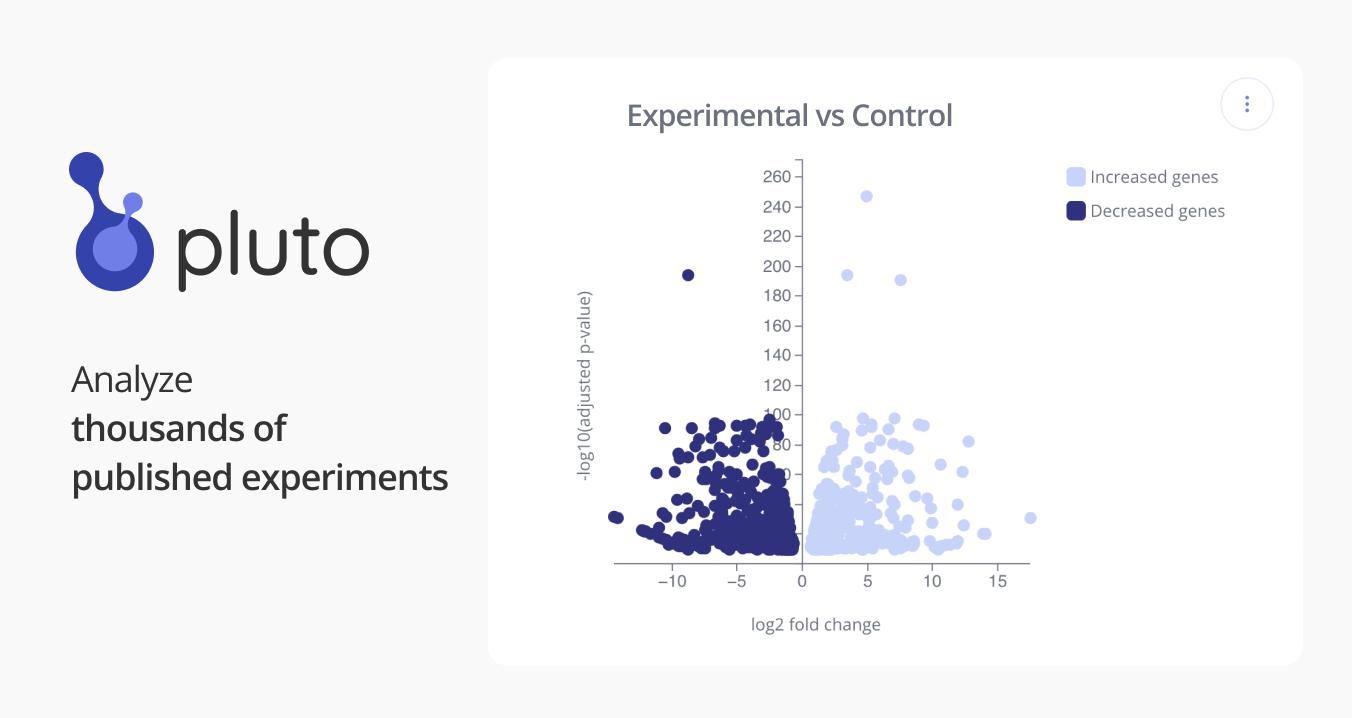Pluto Bioinformatics
GSE84468: Tumor-derived prostaglandin E2 promotes p50 NF-B-dependent differentiation of monocytic MDSC.
Bulk RNA sequencing
Myeloid-derived suppressor cells (MDSC) include immature monocytic (M-MDSC) and granulocytic (PMN-MDSC) cells that share the ability to suppress adaptive immunity and hinder the effectiveness of anti-cancer treatments. Of note, in response to interferon- (IFN) M-MDSC release the tumor-promoting and immunosuppressive molecule nitric oxide (NO), whereas macrophages largely express anti-tumor properties. Investigating these opposing activities, we found that tumor-derived prostaglandin E2 (PGE2) induces nuclear accumulation of p50 NF-B in M-MDSC, diverting their response to IFN towards NO-mediated immunosuppression and reducing TNF expression. At the genome level, p50 NF-B promoted binding of STAT1 to regulatory regions of selected IFN-dependent genes, including inducible nitric oxide synthase (Nos2). In agreement, ablation of p50 as well as pharmacological inhibition of either the PGE2 receptor EP2 or NO production reprogrammed M-MDSC towards a NOS2low/TNFhigh phenotype, restoring the in vivo antitumor activity of IFN. Our results indicate that inhibition of the PGE2/p50/NO axis prevents MDSC suppressive functions and restores the efficacy of anticancer immunotherapy. SOURCE: Viviana Piccolo (viviana.piccolo@humanitasresearch.it) - Gioacchino Natoli Lab Humanitas University
